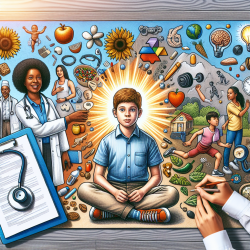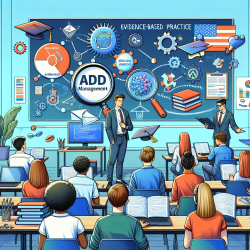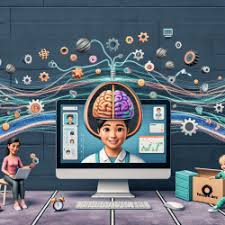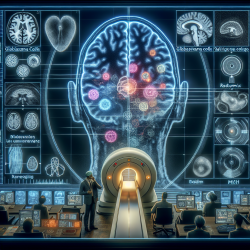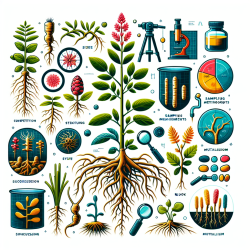Introduction
Attention-deficit/hyperactivity disorder (ADHD) is a prevalent neurobehavioral disorder impacting children and adolescents, often extending into adulthood. While medication is a common treatment, non-pharmacologic interventions are gaining traction as effective strategies. The review article "Non-pharmacologic management of attention-deficit/hyperactivity disorder in children and adolescents: a review" offers valuable insights into these alternative approaches, providing practitioners with evidence-based strategies to enhance their practice.
Understanding Non-Pharmacologic Interventions
The review categorizes non-pharmacologic interventions into two main areas: psychosocial treatments and integrative medicine. These approaches focus on behavioral, cognitive, and physiological aspects, offering a holistic approach to managing ADHD symptoms.
Psychosocial Treatments
Psychosocial treatments emphasize behavior management, cognitive training, and physiological interventions. Key strategies include:
- Behavior Management Interventions: Parent training, classroom interventions, and peer-based interventions aim to modify behavioral contingencies, encouraging desirable behaviors and reducing unwanted ones.
- Cognitive Training: Programs like Cogmed Working Memory Training (CWMT) enhance working memory through computerized exercises, showing promise in improving cognitive functions.
- Physiological Interventions: Regular physical activity is recommended, as it can enhance cognitive functions and overall well-being.
Integrative Medicine
Integrative medicine incorporates a holistic approach, focusing on mind-body practices, dietary interventions, and alternative therapies. Some notable interventions include:
- Mind-Body Practices: Techniques like meditation, yoga, and mindfulness improve attention and emotional regulation, offering benefits for ADHD management.
- Dietary Interventions: Supplementation with omega-3 fatty acids and vitamin D shows potential in reducing ADHD symptoms, though more research is needed.
- Alternative Therapies: Practices like Tai Chi and biofeedback provide additional avenues for managing ADHD symptoms, emphasizing balance and self-regulation.
Implementing Research Outcomes
Practitioners can enhance their skills by integrating these non-pharmacologic strategies into their practice. By adopting a multimodal approach, practitioners can address the diverse needs of children with ADHD, offering personalized interventions that complement traditional medication.
Encouraging further research and collaboration among professionals can lead to a deeper understanding of these interventions, ultimately improving outcomes for children with ADHD.
To read the original research paper, please follow this link: Non-pharmacologic management of attention-deficit/hyperactivity disorder in children and adolescents: a review.
